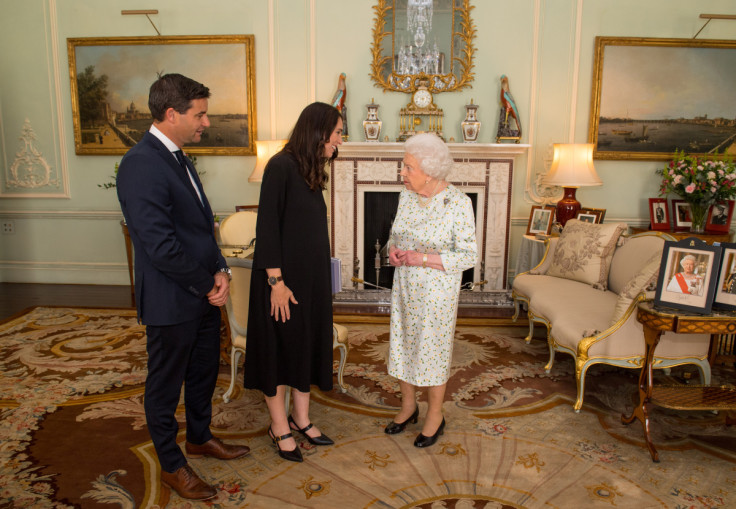'She was extraordinary,' says New Zealand PM Ardern as the world mourns the Queen
New Zealand Prime Minister Jacinda Ardern described the death of Queen Elizabeth as the end of a chapter in history, as leaders across the Pacific mourned the death of the 96-year-old monarch.

New Zealand Prime Minister Jacinda Ardern described the death of Queen Elizabeth as the end of a chapter in history, as leaders across the Pacific mourned the death of the 96-year-old monarch.
Following Elizabeth's death on Thursday, her eldest son Charles became monarch of the United Kingdom and the head of state of 14 other realms including Australia, New Zealand, Tuvalu, Solomon Islands and Papua New Guinea.
"Young or old, there is no doubt that a chapter is closing today, and with that we share our thanks for an incredible woman who we were lucky enough to call our Queen," Ardern said in a news conference. "She was extraordinary."
Ardern said she was woken early to be given the news.
"I had a police officer shine a torch into my room at about 4.50am this morning. When that torch light came into my room I knew immediately what it meant," Ardern said.
In Australia, Prime Minister Anthony Albanese said the Queen's death was a loss felt deeply in Australia.
"Through the noise and turbulence of the years she embodied and exhibited a timeless decency and an enduring calm," he said.
Condolences were shared from across the Pacific.
Papua New Guinea's Prime Minister James Marape said she was fondly known as "Mama Queen because she was the matriarch of our country as much as she was to her family and Sovereign realms."
The Queen visited many of the Pacific nations she governed in the Pacific during her 70-year reign.
"We were fortunate to have the Queen visit us ... and we recognise her incredible commitment to service," said Tuvalu's Acting Prime Minister Simon Kofe.
The Royal Family's official website describes how on visiting Tuvalu in 1982 they were taken ashore in a fleet of local canoes and then borne aloft and carried ashore.
MOURNING
Flags were lowered across both New Zealand and Australia. Australia suspended parliament, while in New Zealand politicians were expected to gather next week to pay their respects.
Both countries are constitutional monarchies, with the British monarch as head of state, although the role is largely ceremonial.
But there has been debate in both countries for some time on whether to become a republic, with a citizen as the head of state. A 1999 referendum in Australia on becoming a republic was narrowly defeated.
The accession of King Charles stirred calls in the Caribbean for the removal of the monarch as head of state, which were echoed in some quarters in Australia.
"Now Australia must move forward. We need Treaty with First Nations people, and we need to become a Republic," Australian Greens Party leader Adam Bandt said on Twitter, although he was accused by some supporters of being disrespectful.
The Australian Republic Movement noted the Queen had backed Australia's right to become a fully independent nation during the 1999 referendum, adding that it was "an issue for the Australian people and them alone to decide."
Commenting on the accession of King Charles, Sydney resident Katherine said: "He's been bred to do this his entire life."
"I think he'll do fine. I am a big fan of his son, William and his wife Catherine and their children ... I think that they have a place in our world, I really do."
Asked in a radio interview if the Queen's death takes Australia closer to being a republic, Australian Premier Albanese said it was not the time to talk about it.
"Today's a day for one issue and one issue only, which is to pay tribute to Queen Elizabeth II."
Copyright Thomson Reuters. All rights reserved.






















